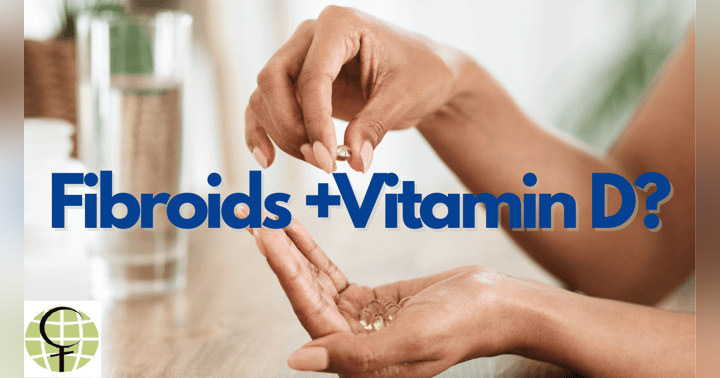
Deepfakes aren’t just for celebrities and politics—they’re showing up in healthcare, too. These AI-generated faces and voices can be used to teach, support, and inform… but also to mislead, confuse, or even harm. So what does this mean for everyday people just trying to stay healthy?
✅
Potential Benefits of Deepfakes in Healthcare
- Education 24/7: AI avatars can explain lab results or diagnoses in plain language—any time, day or night.
- Cultural connection: Avatars can reflect diverse faces, accents, and languages, making health care feel more relatable.
- Closing access gaps: In places with few doctors, AI avatars can offer basic guidance and support.
⚠️
Serious Concerns to Watch For
- Built-in bias: If AI is trained on biased data, it may misdiagnose or ignore Black and Brown patients.
- Health scams: Fake videos with familiar faces (like celebrities or doctors) can push unproven products.
- Loss of accountability: If an AI tool gives the wrong advice, who’s responsible?
👀
What You Can Do
- Question the source. If a video looks too perfect or says something surprising, check where it came from. Is it posted on the official site or social page?
- Don’t trust the face—trust the facts. Just because it “looks real” doesn’t mean it is.
- Talk to real providers. If something sounds off, verify it with a trusted doctor or health professional.
- Report the fake. Platforms like Facebook and Instagram let you report misleading ads and videos.
In a world of smart machines, staying informed is your superpower. You don’t have to be tech-savvy—just curious, cautious, and committed to your own health truth.
Am I Truly Invisible? How Treatment Limitations and Research Priorities Shaped Fibroid Care
Fibroids are among the most common conditions affecting women of reproductive age.They are routinely diagnosed and widely recognized within gynecology.Yet many women — particularly Black women, who bear a disproportionate burden — de…
Vitamin D & Fibroids: What Every Woman Should Know”
Fibroids are incredibly common, and while women of all backgrounds experience them, Black women often experience them earlier, bigger, and with more symptoms. Many women quietly suffer through heavy bleeding, fatigue, anemia, pain, or fertility stru…

